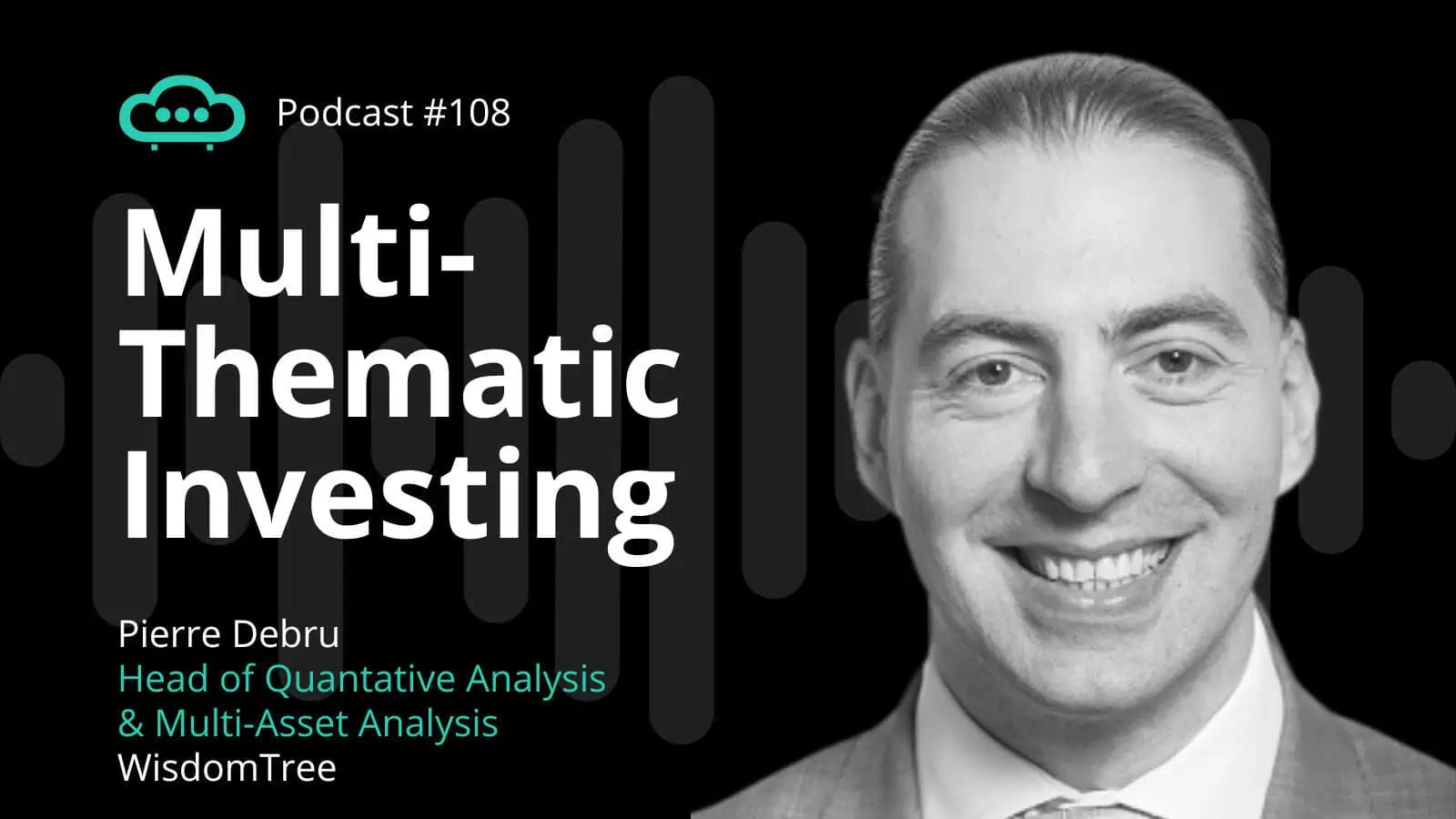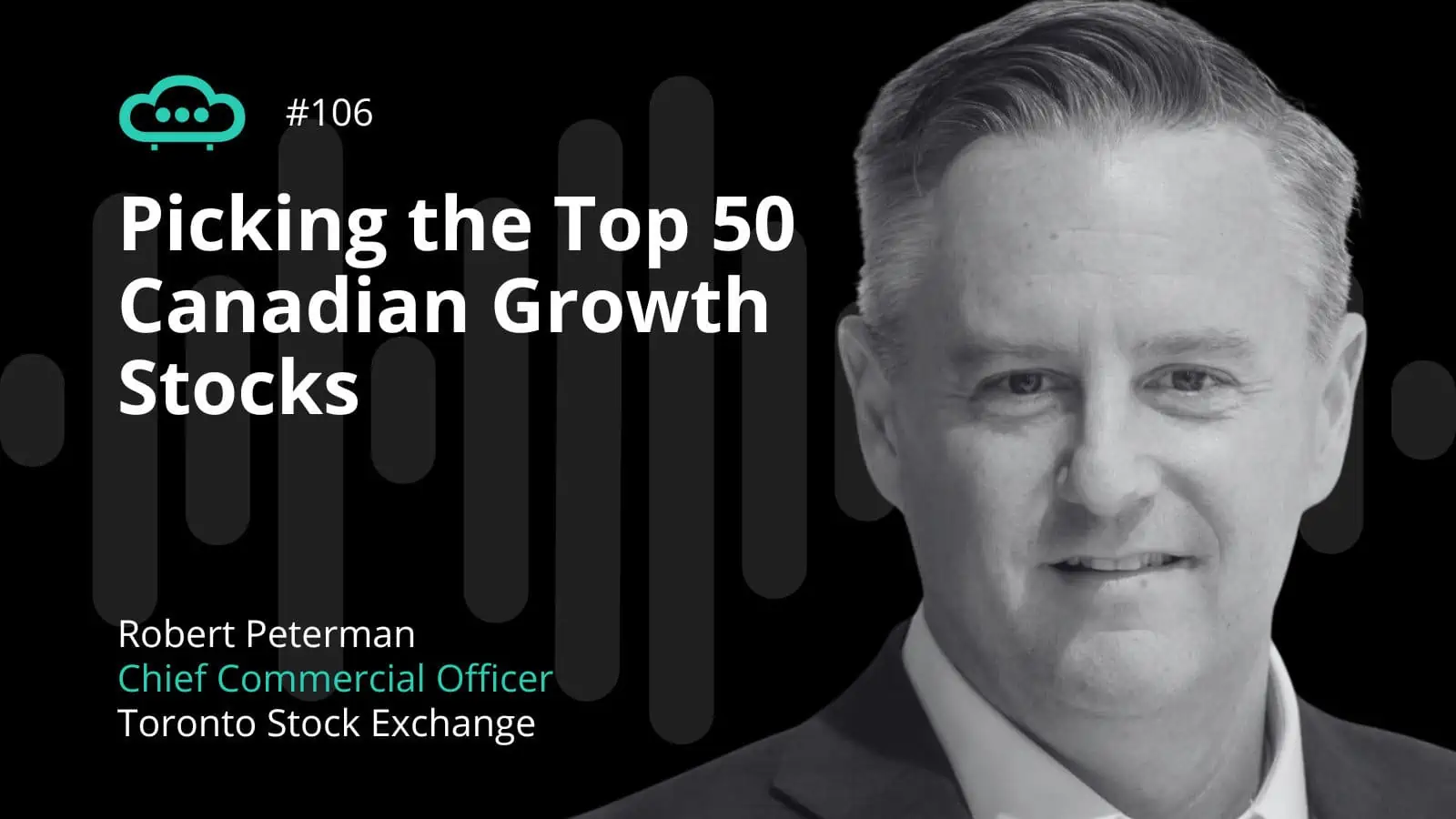The active fund management industry has been going through something of a crisis of late. By ‘active’ funds we mean those where you, the investor, pay a manager to actively invest in the market, using his/her purported skill to buy and sell securities, usually shares – but not always. However, 2016 was yet another year when a large proportion of investment funds underperformed the main stock market indexes and exchange traded funds – index trackers which literally do just that, shadow the performance of a stock market index, come rain or shine.
A new research report by consultancy Oliver Wyman and investment bank Morgan Stanley has argued that many active funds may actually be too small. This means they are simply unsustainable at their current size – the fees they make do not cover the costs of keeping them running, which are many.
Some fund managers may have as many as half of their funds currently in this category. Big distributors, like private banks and wealth management networks, have been culling the fund ranges they offer, as the market has become too crowded, they say. Investors, even active ones, don’t need to be confused with too many options, they argue.
Most of the time fund investors focus on the fund’s fees and how well it is performing, perhaps against a stock market index like the S&P 500. However, it is also worth looking at the fund’s assets under management (AuM), because smaller funds will not be getting the love from big investors. Conventional wisdom among pro investors is that any fund under the $100 million mark and with less than a three year track record in probably not worth the bother. For big investors, this will mean they avoid that fund until it gets bigger and gets some results under its belt.
But a small fund with more than three years of numbers may have something else wrong with it. Most likely it is doing worse than other funds in its segment, or the manager may be too inexperienced, or is taking on too much risk (or not enough, in some cases).
Many investors are also turning away from active funds because, honestly, ETFs are simply doing better than they are, and for less. The smart money has been allocating to ETFs for years, but outside the United States, private investors have also now begun investing in ETFs. Some active managers argue darkly that this is just a trend, but can you argue with more for less?
Christian Edelmann, a partner with Oliver Wyman’s asset management practice, thinks simply cutting fees will not be enough to save many active funds:
“Acting on costs is critical now, but asset managers would be mistaken to believe that this was sufficient,” he says. “Many will have to reinvent the core proposition in portfolio management which will lead to blurring product lines as traditional managers branch out into private assets or ETF structures and embrace new approaches such as risk factor investing.”
What this means is that many fund managers are going to be abandoning their traditional business models in search of new ways of staying valid. Ultimately, they will have to compete against a new generation of self-directed investors who, with passive funds like ETFs, have found a way to outperform them while paying less fees.
Ultimately, it is a battle for relevance. Where Edelmann sees one possible way that fund managers can continue to earn a living is by adding their skill on top of a portfolio of ETFs, namely advising clients on which ETFs to buy/sell, and what their portfolio should look like. For investors, it is worth revisiting all the funds you are currently invested in on a regular basis, and assessing whether they are big enough and really worth the money.












